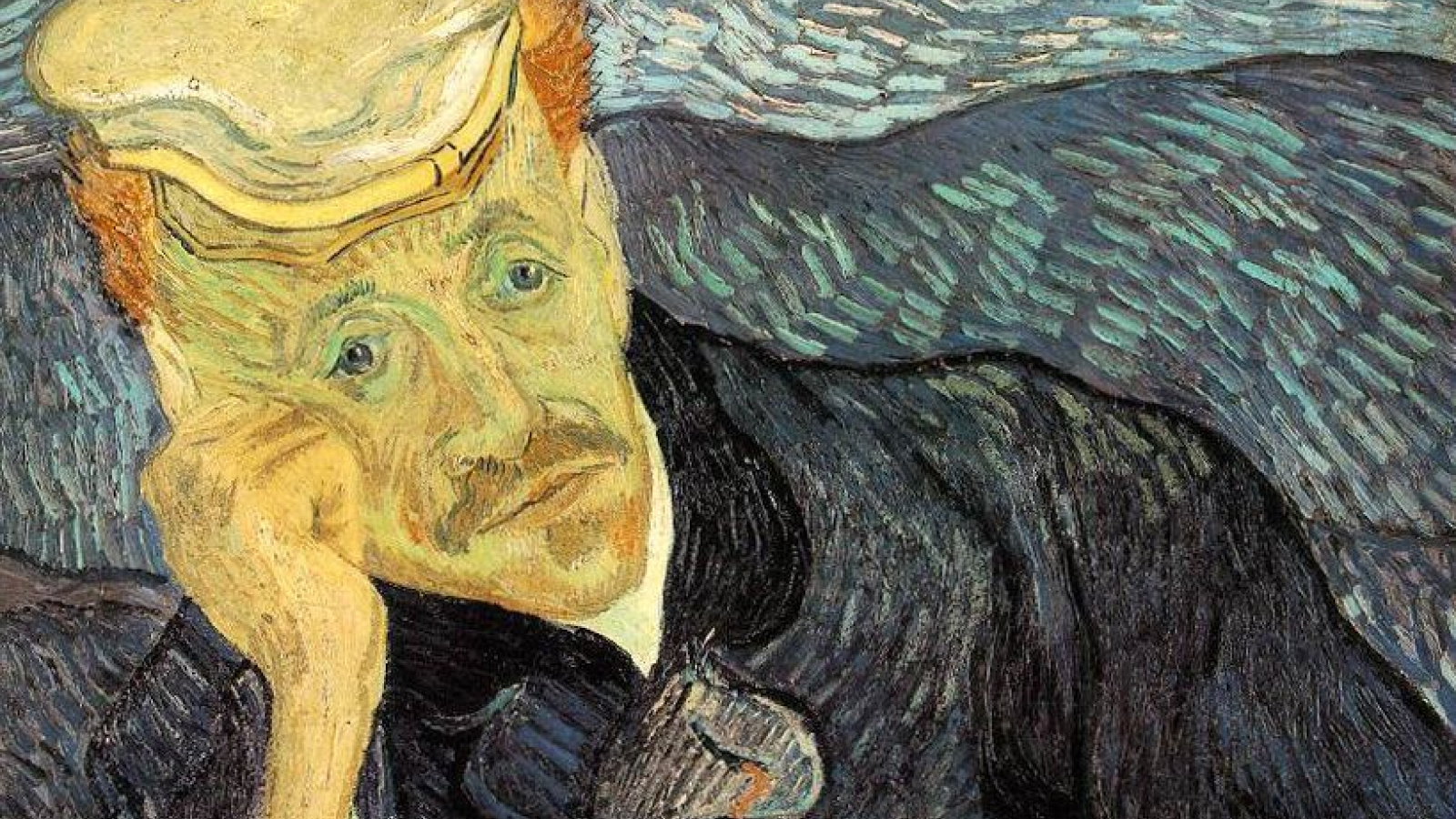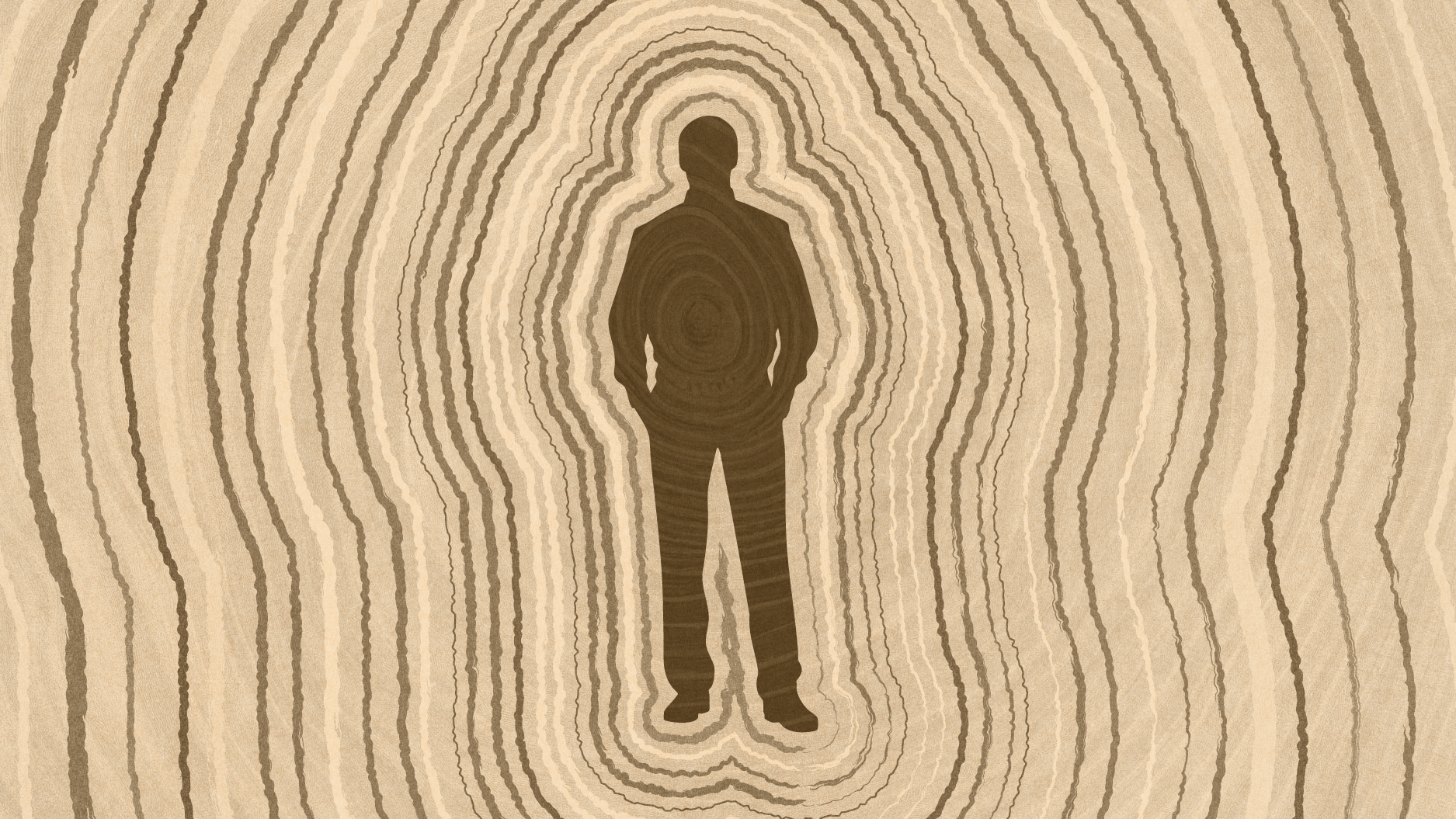Why Mosquitoes Evolved to Like Us

You may be surprised to hear that mosquitoes didn’t always rely on human blood for nourishment—they evolved to sniff out your scent not too long ago (by evolutionary standards). Steve Connor of The Independent wrote on the recent study that explains how the parasite transitioned thousands of years ago from furry mammals to us.
Researchers have found 14 genes in the mosquito genome that are directly linked to a love of human blood and odor. One particular receptor, Or4, is highly active in mosquitoes with a taste for humans. This receptor is able to pick up unique chemical vapors our skin releases. Researchers were able to isolate the chemical sulcatone as one of the scents that attracts the bugs when we step a foot outside our door. Mosquitoes learned to recognize this smell and knew they were near a food source.
The study noted there was a divergence in the evolutionary line that exists today in Rabai, Kenya where one set of black-bodied mosquitoes that feed on furry forest animals have no preference for the sulcatone smell. But brown-bodied mosquitoes that inhabit villages in Africa are quite receptive to the stuff. These two subspecies live just hundreds of meters apart.
Leslie Vosshall of Rockefeller University in New York, led the study that was published in the journal Nature. She explained why the mosquitoes adapted to humans as a food source all those years ago:
“It was a really good evolutionary move. We provide the ideal lifestyle for mosquitoes. We always have water around for them to breed in, we are hairless and we live in large groups.”
“There’s a whole suite of things that mosquitoes have to change about their lifestyle to live around humans. This paper provides the first genetic insight into what happened thousands of years ago when some mosquitoes made this switch.”
Read more at The Independent
Photo Credit: mycteria/Shutterstock





